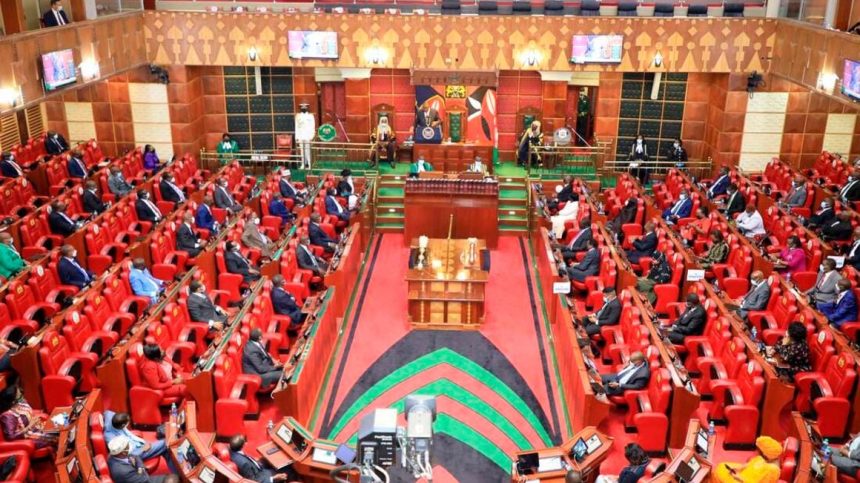Foreign firms will be locked out of government contracts below Sh20 billion if Parliament approves changes to the law that will hit Chinese contractors hard.
The Bill seeks to raise the limit for foreign firms bidding for taxpayer-backed contracts from Sh500 million to Sh20 billion to protect local contractors.
The dominance of Chinese companies has left a bitter taste in the mouth of local contractors who are now losing out even on county roads and real estate projects.
China’s State-linked firms are getting ahead partly due to Chinese government loans, which have increased to $6.56 billion (Sh885.6 billion) in December as Beijing promotes investments abroad.
“The Bill seeks to amend section 157(8) of the Public Procurement and Asset Disposal Act, 2015 by deleting the word Sh500 million and substituting thereof Sh20 billion,” said Embakasi Central MP Benjamin Gathiru, who is behind the latest Bill.

“This is to protect local contractors from competition from international contractors. Kenyan contractors have the capacity to undertake government tenders of Sh20 billion.”
The Finance Committee in 2020 rejected a Bill that sought to stop foreign firms from taking part in public tenders below Sh1 billion and for jobs Kenyans can handle.
The National Assembly Finance and National Planning Committee blocked the Bill then sponsored by then Mathira MP Rigathi Gachagua, who is now Deputy President.
A few Chinese companies have amassed road and infrastructure contracts worth Sh1 trillion under the Jubilee administration, leaving Kenyan contractors to fight for small roads and sub-contracts.
Their speed, financing muscle and negotiation power have endeared them to almost all government departments, ministries and parastatals, which have seen them eat the local companies’ lunch.
The government earlier said they preferred Chinese firms due to their speed of delivery and costs while accusing local companies of shoddy jobs and uncompetitive bids.
Bu local contractors attribute the swift completion of work by the Chinese to timely payments while Kenyan companies have to wait for years, accumulating pending bills.



